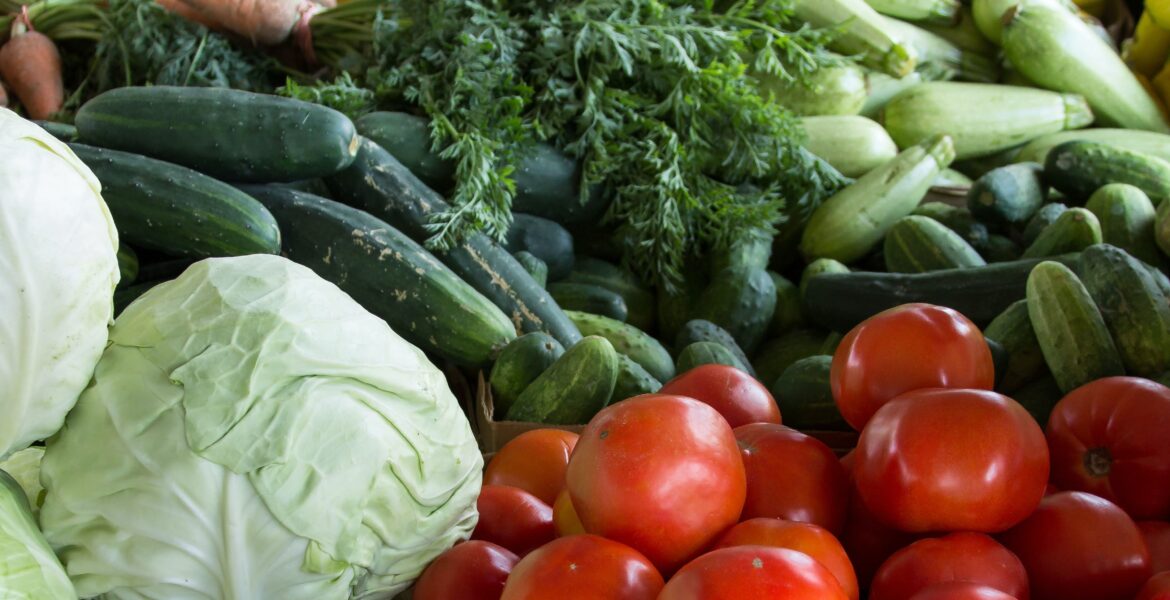If the example of Botswana was to be followed throughout the continent, it would most certainly be a matter of one step forward and two steps backwards .
Trade, not Aid, was the development mantra of the 1990s and there is no doubt that for Asia it was the route out of poverty as the ‘tiger economies’ roared. But Africa remains trapped in a set of complex and conflicting issues.
Even so, Africa has been very ambitious to sign into effect various regional pacts that give trade prominence – the most audacious of which is the African Continental Free Trade Area – AfCTA. Botswana, together with about 40 others, signed the initialising agreement in Kigali in 2018 and subsequently about 32 of the signatories ratified the agreement and put it into force in January 2021. Botswana has yet to ratify AfCFTA, but why?
The answer lies in the dilemma whether to trade or protect. BURS’s most recent trade data portal shows that diamonds, coloured blue in the pie chart, continue to dominate exports. Incidentally, the small green segment represents cattle exports. It vividly shows that economic diversification has been very limited.
Botswana’s imports are also weighted to diamonds 30.1% in the bar chart, while 12.5% is spent on importing food and beverages.
The big question is, does protection actually work? Trade barriers, such as tariffs, have been demonstrated to cause more economic harm than good. They raise prices and reduce availability of goods and services, thus resulting in lower income, reduced employment, and lower economic output. There is a broad consensus among economists that protectionism has a negative effect on economic growth and economic welfare, while free trade and the reduction of trade barriers has a positive effect on economic growth. And that is what AfCFTA is about, and which Botswana signed it.
Research this year found a direct correlation in sub-Saharan Africa between the propensity for protectionism with an increasing twin deficit. The twin deficit is having both a negative balance of payments and negative public sector account. Botswana has a twin deficit, with its public account being in the red by 5.1% of GDP. So more is spent than earned, and the balance of payments has been increasingly negative since 2018. But increasing indebtedness cannot be discounted as driving the county’s protectionism.
Banning imports of fresh produce is said to be aligned to improving food security. Actually, Botswana’s Global Food Security Index ranking of 74/113 shows the country not to be particularly food insecure.
Naturally, there are ramifications to banning fresh food imports which we are all more than aware of. Possibly the hospitality industry will suffer through lack of supply and quality of catering. If Botswana fails to ratify AfCFTA because it is becoming protectionist, it is possible that retaliatory action may be taken by other countries.
However, given that Botswana exports vary little, other than diamonds, it is hard to find the commodities that could be targeted through retaliatory action. But why stop at fresh food? If supporting the local farming industry and promoting food sustainability provides the rationale for banning food imports, why not ban imports of laptops and cell phones upon which we totally depend, in order to protect the nascent tech industry? Why not ban foreign trucking to boost local transportation and logistics services and ensure trade security? Since Botswana is practically non-industrialised in every area, the protectionist agenda could extend to literally everything as the country becomes more desperate to diversify from diamonds? Banning food imports to protect Batswana farmers sets an awkward precedent.
Botswana likes to position itself as an outward looking, multilaterally spirited nation. But by not ratifying AfCFTA and protecting one of its economic sectors, that reputation could be blemished. Botswana needs access to regional markets more than other countries need access to Botswana’s. For example, Botswana aims to manufacture electric vehicles and it is abundantly clear from the outset of this venture that foreign and domestic interest will be forthcoming only if the EV market is considered to be regional.
A discussion about protectionism would not be complete without mentioning nationalism. Let’s be mindful that nationalism is about putting lines on maps and creating political entities with flags and anthems. To ban imports has ramifications on fellow Africans whose livelihoods will suffer. Putting Batswana above African interest goes against the spirit of pan-Africanism and also the Pan-African Free Trade Agreement. If the example of Botswana is to be followed throughout the continent, it will most certainly be a matter of one step forward and two steps backwards.

